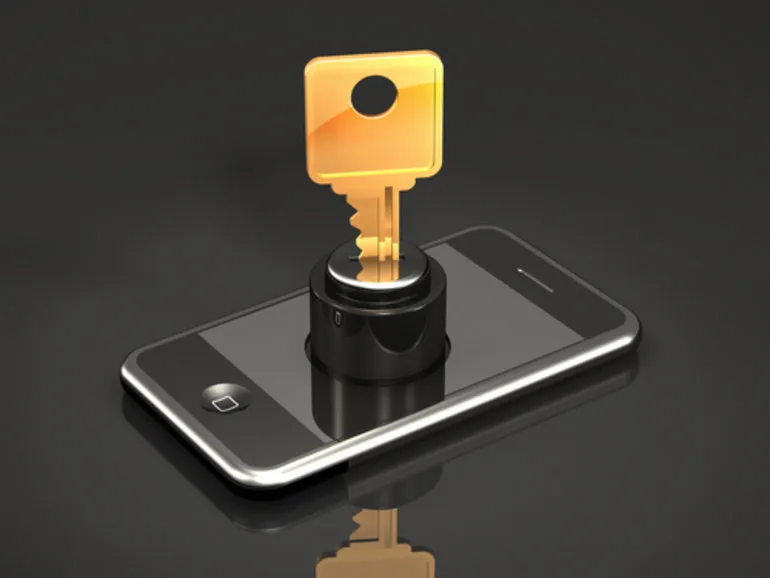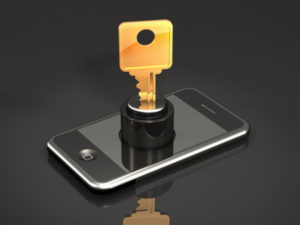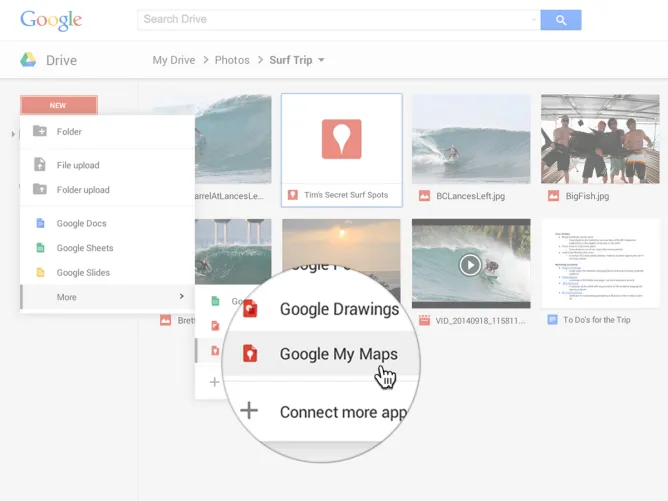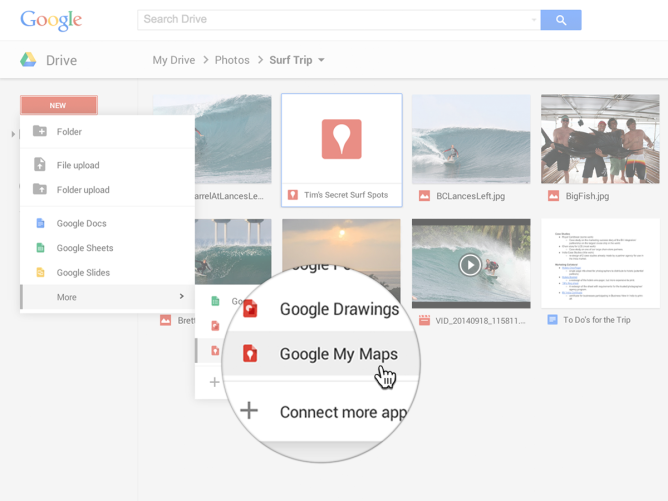
Exploding The Myths of Mobile Location Security
 When it comes to the internet, people can be very wary. Whether it be on mobile or web, the worry of entering personal details can often put people off from purchasing products, registering on sites, and downloading apps. But do we really have anything to be afraid of?
When it comes to the internet, people can be very wary. Whether it be on mobile or web, the worry of entering personal details can often put people off from purchasing products, registering on sites, and downloading apps. But do we really have anything to be afraid of?
Well, yes and no. You see, there are people out there trying to find out this information, but brands are using state-of-the-art technology to make sure your information forever stays safe. Privacy can be an issue, particularly with location-based apps, which can show relative distance between members and have the potential to pinpoint your location. Dating apps such as Tinder, Grindr, and SCRUFF use location based services to function, and can leave people susceptible to revealing their location. Of course this still would require an incredibly sophisticated user and is in reality unlikely to ever happen to you.
But for the few it does, it obviously leaves a lasting impression, and brands are now doing all they can to keep people safe. CEO of SCRUFF Eric Silverberg recognizes that even though the likelihood is slim, this can happen, despite being well against the terms of service of an app (in some places even illegal) and has come up with a new system to prevent this for a user’s peace of mind. On the app – one of the world’s largest gay online dating sites – one can prefer to keep their location private, but with a difference. In the past, hiding location on apps doesn’t totally hide you, as other users could have the ability – albeit through sophisticated tools – to find your proximity.
Silverberg said in a column for the Huffington Post, “When a user elects to hide his distance on SCRUFF, we not only remove the information from his profile data, but we also randomize his location on our servers. This means that, if he lives in the West Village in NYC, he could potentially appear in between two people in SoHo. However, if he uses SCRUFF in the countryside, randomizing his location by a few blocks might still not be enough. That’s why we take density into account, so if you live in the city, your location will be randomized by a few blocks, but in the country it could be a few miles or more.”
But it isn’t just dating sites that are using location while also using techniques to keep it safe. It translates across a host of industries from bar finders, to shopping apps, to even casino apps. When subscribing to brands such as TopShop and Abercrombie & Fitch you can find your local store using LBS, while other online brands such as PokerStars uses a player’s location to push promotions and tournaments as well as ensuring players can’t play in regions where it is prohibited.
In fact, to ensure PokerStars security measures are implemented and met at all times, a huge team are continually monitoring their online offerings, which accounts for 20% of their worldwide employees. This means that not only are players covered, but the brand too. Security will always be highest on the agenda when it comes to apps and mobile, particularly in today’s day and age when we can even bank using our smartphones. From playing casino games, to dating, to any other app that holds our information; we should feel safe in what we do on our devices. Luckily, these brands have our backs.







